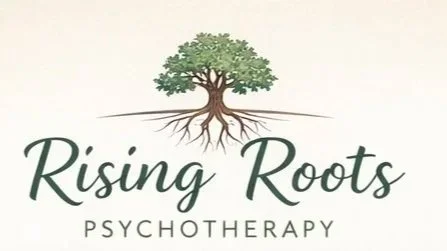Prenatal and Postpartum Therapy
Pregnancy and motherhood bring profound physical, emotional, and psychological changes. Many women experience anxiety, mood shifts, grief, and identity challenges both during pregnancy (prenatal) and after childbirth (postpartum). At Rising Roots Psychotherapy, we offer compassionate online therapy tailored to support women throughout these unique phases.
About Rising Roots Psychotherapy
Our therapy supports you through prenatal challenges such as anxiety, grief related to pregnancy loss or trauma, and preparation for childbirth. Postpartum therapy focuses on helping you navigate mood changes, postpartum depression, anxiety, or rage, the demands of new motherhood, and shifts in your sense of self.
With a trauma-informed, client-centered approach, we provide a safe space to process difficult emotions, build resilience, and nurture your mental health. Whether you’re seeking support for prenatal stress or postpartum adjustment, our virtual sessions make it easy and comfortable to receive care from your home.
You don’t have to face these changes alone — we’re here to support you through pregnancy and beyond.
Frequently Asked Questions
1. What is prenatal and postpartum therapy?
Prenatal therapy supports your emotional and mental health during pregnancy, helping you manage anxiety, grief, and identity changes. Postpartum therapy focuses on the period after childbirth, assisting with mood changes, postpartum depression, anxiety, or rage, and adjusting to motherhood.
2. How can therapy help during pregnancy and after birth?
Therapy provides a safe, supportive space to process emotions, navigate challenges, and build coping skills during both pregnancy and postpartum. It can help with stress, grief, relationship changes, and preparing for motherhood.
3. Is online therapy effective for prenatal and postpartum support?
Yes! Online therapy offers convenience and accessibility, allowing you to receive expert care from home, which is especially helpful during pregnancy and early motherhood.
4. What issues are commonly addressed in prenatal and postpartum therapy?
Common concerns include anxiety, depression, grief, trauma, identity shifts, relationship stress, postpartum mood disorders, and managing the transition to motherhood.
5. How do I know if I need prenatal or postpartum therapy?
If you’re experiencing emotional distress, mood changes, or difficulty adjusting during pregnancy or after birth, therapy can provide valuable support. You don’t have to be in crisis to benefit.
6. How long are therapy sessions, and how often should I attend?
Sessions typically last 50 minutes. Frequency varies based on your needs, often weekly or biweekly, but can be tailored to your schedule and preferences.
7. Can my partner join therapy sessions?
While the focus is often on your individual experience, couples therapy or joint sessions can be arranged to support your relationship during pregnancy and postpartum.
8. How do I start prenatal or postpartum therapy?
You can contact us through our website or book a free initial consultation to discuss your needs and develop a plan that suits you.


